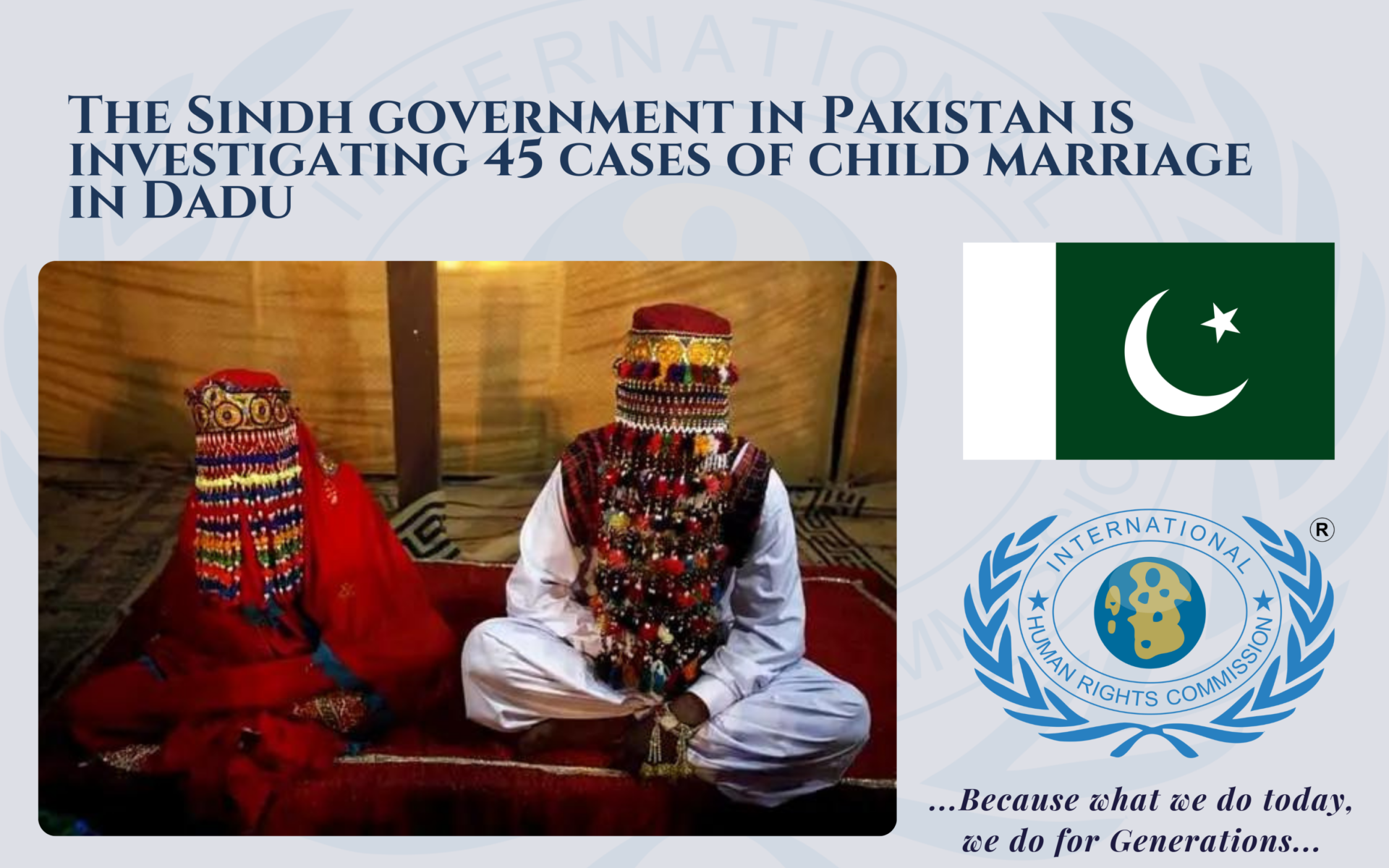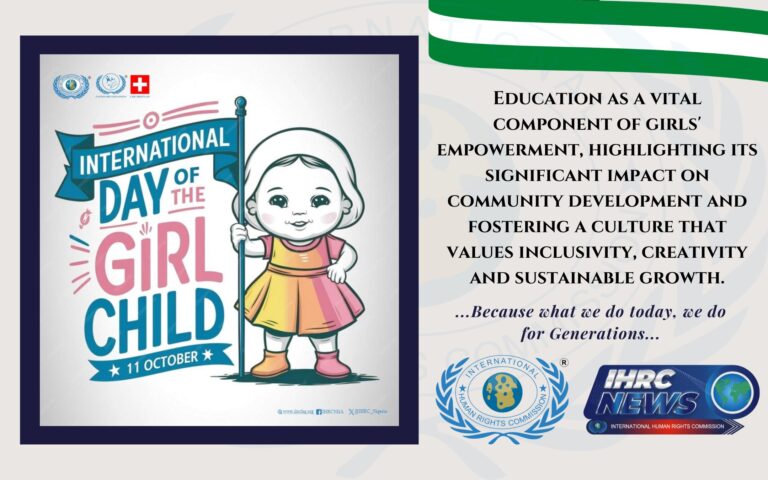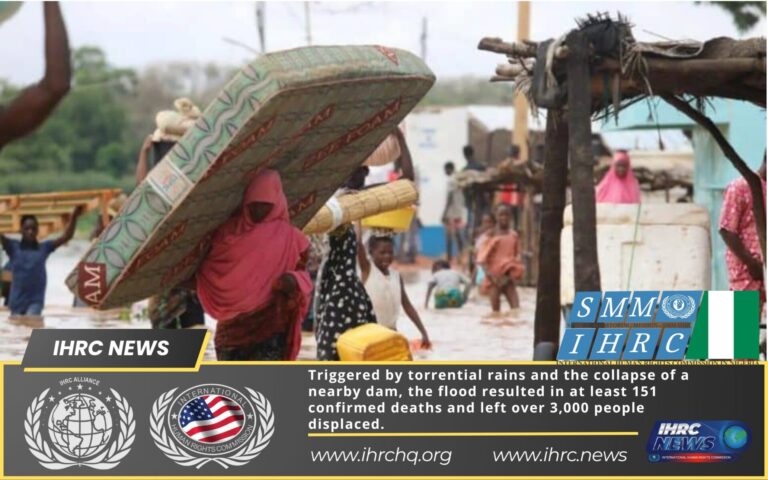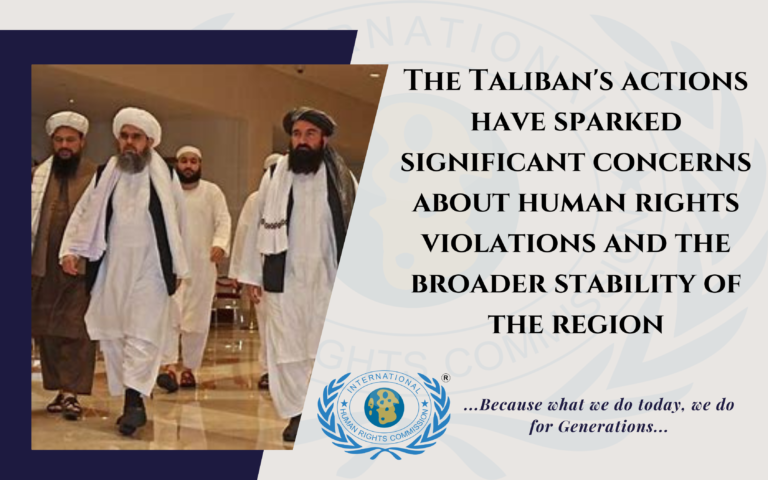Sindh Provincial Chief Minister (Pakistan) Syed Murad Ali Shah has initiated a rigorous investigation into a concerning issue of child marriages in the Dadu district following extensive media coverage.
The focus of the probe is on the underage marriages of 45 girls in Khan Muhammad Mulla Goth, a situation exacerbated by economic hardships and recent environmental calamities.
Reports indicate that these marriages have taken place since the last monsoon season, with a notable number occurring in May and June of this year.
Parents of the girls have expressed that the hastened marriages, often in exchange for money, were seen as a desperate measure to “save them from poverty.” This alarming trend has prompted the Chief Minister to direct the Hyderabad Commissioner to submit a detailed report on the social, economic, and legal backgrounds of the involved families.
Chief Minister Shah has emphasized the necessity of understanding the broader circumstances that led to these marriages. He has instructed the formation of a committee tasked with delving deeper into the village’s situation.
The committee is to explore various aspects, including whether the families were affected by the recent floods that have plagued the region, the extent of aid they received, and the current condition of the married girls.
This comprehensive inquiry aims not only to address and resolve the current cases but also to lay down preventative measures for the future. The investigation is reflective of a national concern, as Pakistan holds the sixth-highest rate of child marriages globally, with a significant number of girls married before the age of 18.
The legal age for marriage in Pakistan varies from 16 to 18 depending on the region, yet enforcement of these laws is weak.
The Chief Minister’s directive also comes in the wake of a UNICEF report highlighting the exacerbation of child marriage due to extreme weather events like the 2022 floods.
Families in crisis situations often see these marriages as a route to reduce the economic burden or as a misguided measure of protection against gender-based violence in chaotic settings. The 2022 floods, for instance, heightened these vulnerabilities, with UNICEF predicting that the disaster could lead to an 18% increase in child marriages, effectively erasing five years of progress in combating this issue.
Through this inquiry, the Sindh government aims to strengthen the enforcement of existing laws against child marriage and to consider more robust measures to protect young girls from these premature unions, which are often rooted in financial and social crises.
By: MOHSIN DURRANI
Editor in Chief – Asia Region









The increase in child marriages due to crises like the 2022 floods is a stark reminder of the need for stronger enforcement of laws and protective measures. It’s crucial for the Sindh government to prioritize the rights and safety of young girls, addressing the root causes that push families toward these harmful practices. Let’s work together to safeguard their futures.